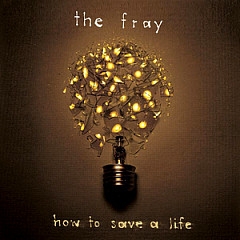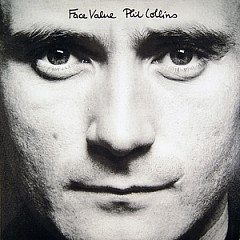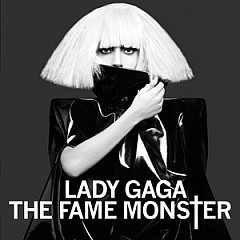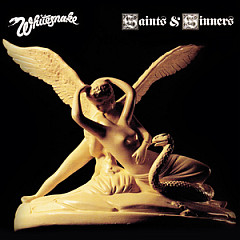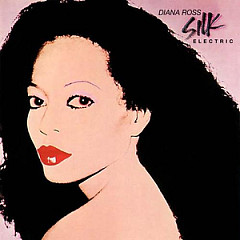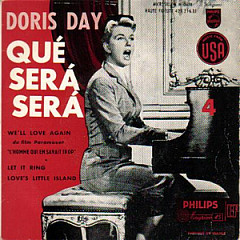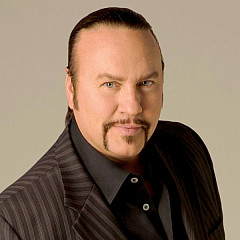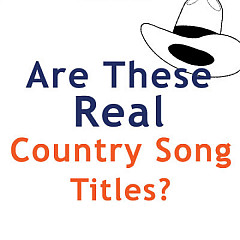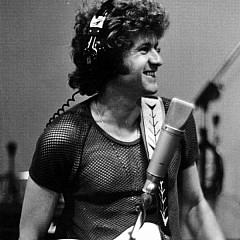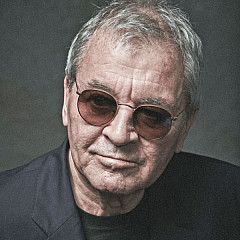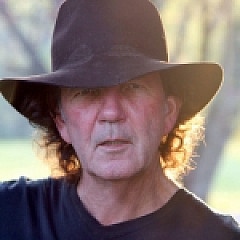Dale and Martha Hector had the sort of marriage that endured; a solid, loving relationship that inspired Skip Ewing to write this song. They were his grandparents.
Thoroughbred ranchers in Southern California, Dale was the kind of guy who called his wife "Mother." As in, "Mother, what did I do with those boots?" When it was time to feed the horses, Skip would scramble out over the top of the kitchen window, jump on the bale of hay his grandfather had put on the back of his flatbed truck, and go with him. "He let me stand up on it so that I could take these leaves of hay and put them down in the feeders," recalls Skip. "All the racehorses had individual feeders. And man, I thought he was the coolest thing. He was my John Wayne."
Later, Skip discovered that Dale was his grandmother's second husband, and he wasn't biologically related. "But it didn't matter. To me, he was my grandfather. He was the grandfather that really touched me. And my grandmother, too. And at any rate, I guess they met and they got married in weeks of being together. And they were together the rest of their lives. And it was just wonderful. Not that they didn't have any difficulties, but they were wonderful. And I learned so much about that.
So when he passed away, I know how she felt, that she could never remarry. She never really had another relationship. She had loved him, and that was who she loved, and there wasn't gonna be another Dale, and that was it. And I just know how he touched her. And I also know that he was there for her and she knew she was gonna see him again. No matter, whatever someone's spiritual or religious beliefs are, if someone believes in Heaven in that space, that's how they want to feel, and that's how many people do feel. But in order to feel that way, you really have to love someone. And that's what they did." And it was that knowledge, and his experience with growing up around that environment, that prompted Skip and co-writer Max T. Barnes to begin this song. "We just took the ball of the pieces of these powerful loves and we were doing our best to weave them into a song that expressed that. It seems we did, a bit."
There was another major inspiration for this song, says Skip. He tells the story about a card given to him by a girlfriend in 1988 or so. "She didn't sign it with her name, because she knew I would know who it was," he remembers. "We all do that. What struck me was not that that was a hook, but that there was such an intimacy about that that everyone would understand. Those are the places that I love to touch. Many of us have written, 'Love, Me,' or we'll use an initial or whatever, knowing that the other person knows that. And there's a connection in that. There's an energy of acceptance and love, and closeness, intimacy there that can't be found in other spaces necessarily, especially when things are written, actually written."
"This was very personal to me, and I read it, and I reflected upon that. And Max T. Barnes was playing electric guitar for me on the road while we were touring." And one night Skip approached Max with the general idea for this song. They spent the entire night talking about relationships with people who were important to them. "We were talking about the scope and power of love, and the connectivity of that across generations, and across the spiritual connectivity. And we really had a conversation. That's me, that's what I like to do when I write. I like to look deeply into that."
"Well, the 'Love, Me' part of that, I was kind of working with that, because I love to find ways to say something one way, and to say exactly the same thing and have it mean a much different thing. Because, to me, that's an invitation to look at something deeply. We looked at it the first time, and we saw one thing. We looked at it a second time, and we saw very deeply. It's like looking at the surface of water and you see the reflection on the surface. But then if you make your eyes adjust a bit you can see all the way down into the well. And so we wrote it about a relationship with a grandmother and a grandfather, but it wasn't my grandmother and grandfather. It was just a good way to do it. And it was inspired because of them and their relationship."
Skip Ewing explained in his Songfacts interview: "This past Mother's Day on Regis and Kelly, they had a special. And the special, of course, was on mothers. And there was a mother on the show whose son had died in a motorcycle accident. And her wish was to meet Collin Raye, because one of her favorite songs of all time was 'Love, Me.' And actually on the headstone of her son's grave, she had written, 'Between now and then, 'til I see you again, I'll be loving you, love, Me.' She had that put on his headstone. Which is huge. That's just a big, big deal to me. Well, what I found interesting was she wanted to meet Collin Raye, who was the singer of the song. And yet she wrote the words that Max T. Barnes and I wrote, on the headstone. And it was the words that were really important to her, one of the things. She didn't mention Max and myself, Collin didn't mention Max or I, Regis… none of them mentioned us at all. Not the writer of the work that they were talking about. And I had a couple people call me feeling outraged. They were like, 'Oh my gosh, you guys worked so hard, and then all of a sudden you have the chance to be on national television, and they don't even mention you. They only talk about the singer.' One of them said, 'The woman wrote your words on the headstone, and then didn't even put your name like they would quote any poet or writer.' And 'aren't you angry about that?'"
"And I'm not. Would I have been honored to have my name mentioned? Oh my gosh, absolutely. Do I think that when the works of someone, when their words are repeated or written or featured in that way, that the person should receive fair recognition? Absolutely. Do I think that's the most important thing? No. What I think is the most important thing is touching people. And the words that we wrote, and the song that we wrote, was powerful enough that without ever knowing us at all, maybe never thinking about who wrote the song, it moved her enough that of all songs written in all the world, that was the one she connected with enough to write on the headstone of the person that she may have loved more than anyone in the whole world. Now, if that's not reaching people, then I'll never do it."
Communication is a particular passion of Skip's. Whether it's written, verbal, musical, tangible - communication is key. And connecting with people in communication is ultimate. "I think that there are some people who say they write because they have to," Skip says. "Because it's like that's the only way they can get themselves out. I think for most writers it's a form of passionate self expression. For me, I have, I think, gone through a number of phases of the reasons why I write. But the roots of it remain the same. And those are to express my heart with as much candor as possible. And to do so, in order to illuminate what it is to be human, what it is to love, what it is to feel, and to reach other people in doing so. In me, that's what I needed to be doing. I started playing guitar when I was 4 years old, I don't even remember. Started writing songs, I think I wrote a song for a girl when I was 11 or something, messed around with poetry. But language, all the ways we communicate, how we communicate, even the dialogue in our own head is our experience of life and the world. And I would prefer that our experience of life have as much joy and happiness as possible. I would prefer that we endeavor to cultivate compassion and loving kindness and understanding and patience. That's with ourselves to ourselves. Our inner dialogue. And with others. And to water the seeds of those – for lack of a better word – virtues, in others, as much as possible, in a world where we never even realize that we are watering seeds. I get letters from people who say, 'Oh, this song moved me, this song moved me.' Gosh, I want that three minutes to have those qualities. That's why I write. Because I can reach people, and it does that kind of thing in the world."
"A lot of writers will say, 'Oh, I wrote this song in 10 minutes.' Well, I might respectfully disagree with that. I've never met someone who wrote a song in 10 minutes. And what I mean is that our brains, for years, are working with songs, listening to songs, feeling the ways that things go together, and what we've thought, the way we've loved, everything is a part of the song we're writing right now. I like to say the past is always a part of the present."
Skip's grandmother wrote the poem for the title song on "Indian Elephant Tea," a CD by the Big Kidz Band, featuring Skip Ewing. (Read more in our full
Skip Ewing interview.)

